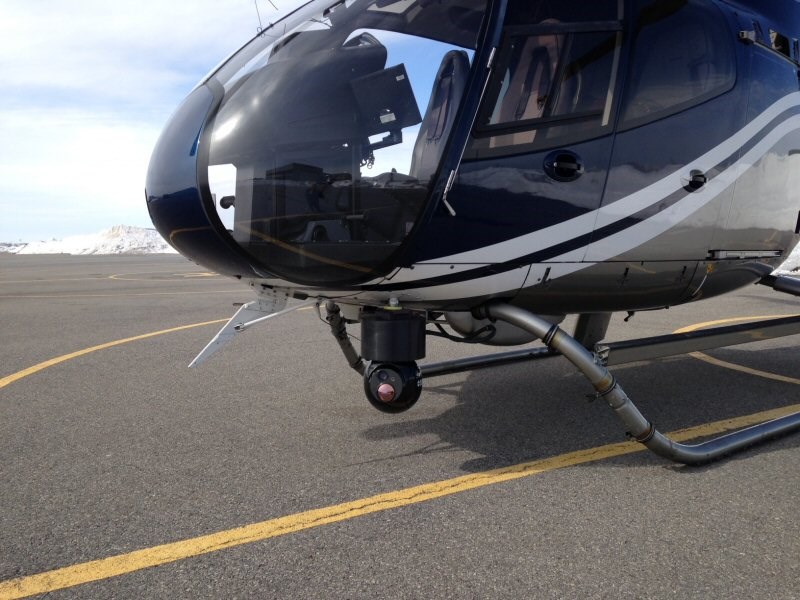Edmonton – Pipeline giants Enbridge Pipelines Inc., TransCanada Corp. and Kinder Morgan Canada have signed on as partners in research into aerial-based leak technologies.
The three companies announced their new joint industry partnership (JIP) on April 28 with the aim of improving all aspects of pipeline safety.
The JIP follows a decision by the National Energy Board (NEB) to conduct a public review into how much pipeline emergency response information can be withheld from the public by energy companies.
Spill response from Canada’s Coast Guard came under public scrutiny in early April when the MV Marathassa spilled thick, toxic bunker fuel into Vancouver’s English Bay.
The Coast Guard was criticized for what was perceived as a slow initial response to the fuel spill and the fact it took roughly 12 hours for the City of Vancouver to be notified.
The NEB is currently reviewing Kinder Morgan’s proposed Trans Mountain expansion of its existing Trans Mountain pipeline system between Edmonton, AB and Burnaby, B.C. for export by ocean going tankers.
During a speech to the Vancouver Board of Trade on April 27, NEB chair Peter Watson said, “Canadians deserve to be consulted on the transparency of emergency management information for NEB regulated pipelines.
“At its conclusion, the NEB will respond in a meaningful and measured way that reflects what we’ve heard and what is in the best interest of all Canadians.”
NEB will receive public comments electronically, by fax or letter until June 25 with a report to follow.
Meanwhile Enbridge, TransCanada and Kinder Morgan have each committed $200,000 to the JIP to identify technologies capable of detecting small pipeline leaks to improve pipeline safety.
The project will involve laboratory research and field trials to evaluate commercially available aerial-based leak detection technologies.
Data analysis will be conducted by Alberta Innovates-Technology Futures with testing by C-Fer Technologies Inc. in Edmonton.
Potential technologies to be tested may include infrared camera-based systems, laser-based spectroscopy systems, and flame ionization detection systems, with sensors suitable for mounting on light aircraft or helicopters.
Representatives of Enbridge and C-FER are currently surveying commercial vendors of these airborne leak detection technologies to validate their feasibility for liquid hydrocarbon pipelines.
Project research and trials are expected to begin during the third quarter of 2015.
“The challenge with airborne leak detection systems is not with the aircraft, but with selecting appropriate sensors to detect liquid hydrocarbon leaks before they reach the surface,” said Brian Wagg, director of business development and planning for C-FER in a news release.
“This program helps operating companies understand which technologies are best suited for detecting these leaks, and will provide vendors with unique information on what leaks actually look like.
“This information will help those vendors fine-tune their systems to detect leaks with greater reliability.”
A previous JIP between Enbridge and TransCanada now joined by Kinder Morgan has already yielded ground-breaking leak detection research.
That research was based on using a pipeline simulator called the External Leak Detection Experiment Research (ELDER) test apparatus.
Enbridge and TransCanada have each committed $1.6-million to the ELDER project, while Kinder Morgan has committed $1-million.
The project has a total funding commitment of more than $6-million.
Tests in 2014 focused on four external leak-detection technologies – vapor sensing tubes, fiber-optic distributed temperature sensing systems, hydrocarbon-sensing cables and fiber-optic distributed acoustic sensing systems.
All engineering and test data is shared among committed project partners.
The ELDER program has carried out four tests since 2013 and collected data from the 13 participating vendors, representing hundreds of recorded leaks in the ELDER apparatus.
Data analysis is ongoing, but some participating vendors have already reviewed test results with the intention of using them to improve their systems.
The ELDER program is expected to continue into 2016.




